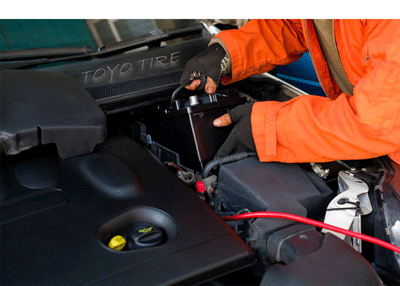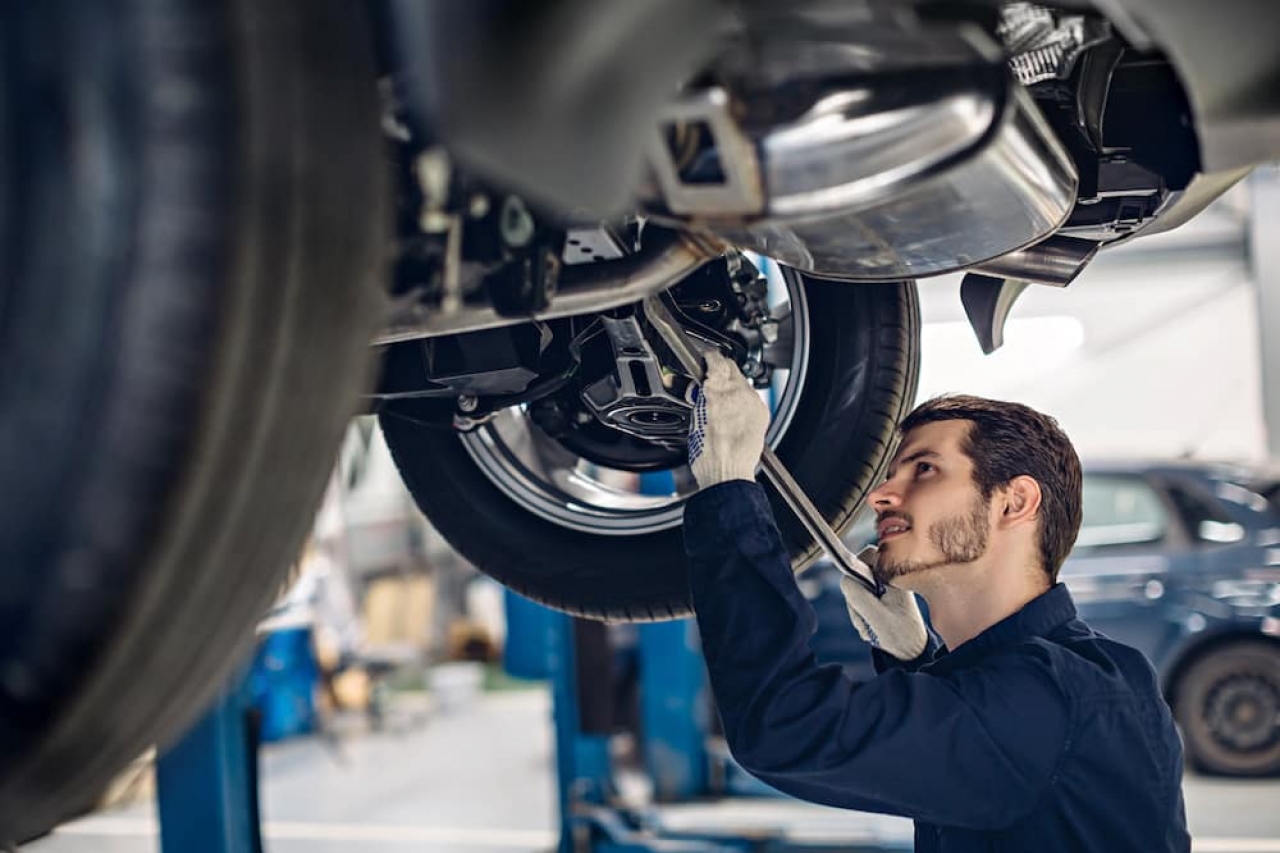CAR MAINTENANCE GUIDE: EVERYTHING YOU NEED TO KNOW:
Car maintenance is a crucial part of vehicle ownership. Taking care of your car by performing preventative maintenance helps to ensure you have safe and reliable transportation.
Use this guide to learn about common automotive maintenance issues. It’ll help you protect your investment and keep your car in top-running condition.
THE IMPORTANCE OF CAR MAINTENANCE:
When you perform car maintenance at regular intervals, it keeps your ride in proper working order and helps prevent expensive mechanical repairs down the road. When it’s time to sell or trade in the vehicle, having detailed service records can help boost its value.
Vehicle maintenance does require an investment of time and money. But taking care of your car can often help you avoid major repair costs that follow a roadside breakdown. We make it easy to get maintenance pricing for your vehicle so you’ll know how much you can expect to pay within your area.
Most important, failing to follow preventative maintenance guidelines could even void the vehicle’s warranty.
Scheduled maintenance check-ups address a vehicle’s fluid levels for brake and power steering systems, radiator coolant, and engine oil. Other items with significant safety purposes, such as brake pads and windshield wipers, should be checked routinely and replaced when necessary to keep them operating effectively.
Automobile engines are complex machines containing many interconnected parts. Proper mechanical maintenance, including replacing spark plugs, drive belts, timing belts or chains, and changing air and fluid filters, is needed to identify problems and to keep the engine running as well as it should.
SIGHNS MY CAR NEEDS MAINTENANCE DONE:
Even the most well-maintained car will encounter problems that require unexpected service. Often, the vehicle will let you know before it stops operating that there’s an issue needing attention.
The “check engine” light or “service engine soon” indication on the dashboard aren’t the only clues that should prompt you to call a repair shop:
-
Braking - Any problem with your brakes is a safety issue. Address a “soft” brake pedal and investigate any squeaking or scraping sounds immediately.
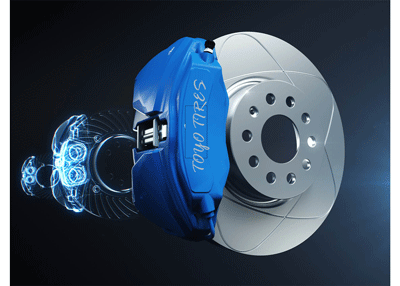
Lacking acceleration – A change in performance can mean that it’s time for an engine tune-up.
Vibration – Have a mechanic diagnose the causes if you feel shaking when the car is starting, turning, or stopping.
Stalling or difficulty starting – When your vehicle stalls or you can’t get it started, it’s time to get it checked.
Fuel efficiency – Bad sensors or leaky fuel injectors might be the reason for changes in your gas mileage.
There are less obvious clues that something might be wrong with the car, and these signs can be intermittent or vague. Remember that you know how your car drives better than anyone does. If something seems different, it might be the start of a more significant problem.
Contact a trusted mechanic at your local dealership or car repair shop when your vehicle isn’t performing well. Tell them what you feel and hear when the car begins acting up.
-
Shifting – Automatic transmissions are designed to shift gears smoothly. Hard shifts and lurching might indicate a transmission problem.
TYRE PRESSURE AND TREAD DEPTH:
Since well-maintained tires are integral to a safe, fuel-efficient ride, make it a habit to visually inspect your tyres often. Check the pressure in your tyres every month, and before long trips or carrying extra load. Don’t forget the spare. A tyre pressure gauge will be needed to check your tyre pressure. Your owner’s manual will tell you how much air pressure your tyre needs. You can check your tread depth using a gaug

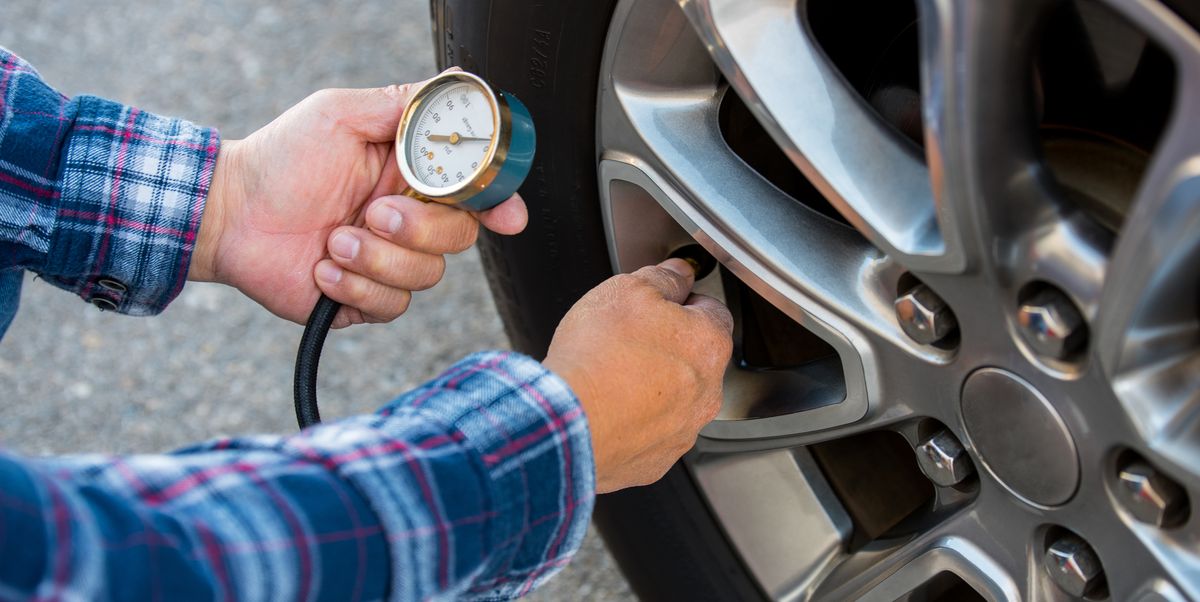
ROTATE TYRES:
Depending on your vehicle alignment, usage, and many other factors, the tread wear patterns on your tiers may vary between the front and back tiers, or even from one side of the tread to the other. Rotating your tiers will help to extend the service life of your tiers by more evenly balancing the tread wear, and helping prevent noise and vibration problems.
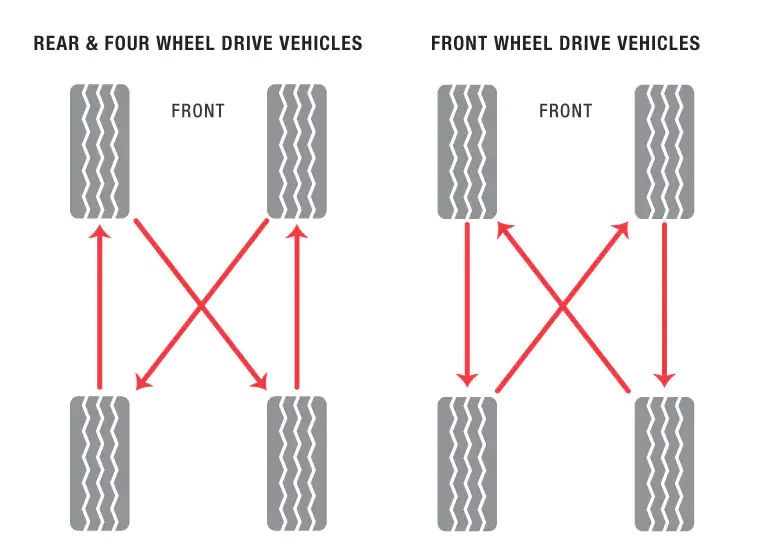
BATTERY PERFORMANCE CHECK:
Your car battery is one of the most important components for your vehicle to run. A car battery supplies large amounts of electrical current for the starter, engine and other electronic accessories in the vehicle. Extreme temperatures affect the performance of the battery so regular battery testing will ensure that battery will perform when you need it to.
